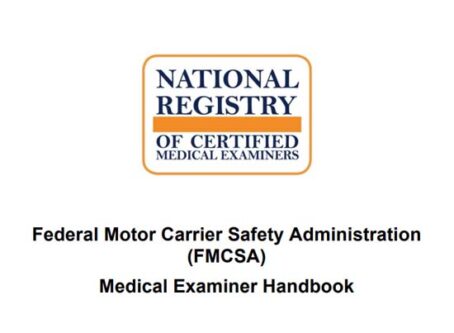House THUD spending bill addresses trucking issues, including rest breaks and ELDs
On Wednesday, the House Appropriations Committee passed the proposed fiscal year 2019 Transportation, Housing and Urban Development bill. Several trucking provisions made it through, but not without resistance from House Democrats.
Trucking riders included a study on twin 33-foot trailers, eliminating paid rest/meal breaks, speeding up violation notifications and allowing an exemption from ELDs for livestock carriers.
Committee members reviewed the bill that would allocate $71.8 billion in transportation funding, in what Chairman Mario Diaz-Balart, R-Fla., called essentially an “infrastructure bill.” Provisions directly related to trucking were addressed.
Rep. David Price, D-N.C., attempted to eliminate all of the trucking provisions in one fell swoop. His proposed amendment would have struck down 10 “problematic policy riders.” Among them was a weight limit increase on a certain highway, uniform meal/rest breaks, livestock ELD exemption, and length requirements for certain haulers.
“Some of these riders could undermine safety and roll back worker protections,” Price said.
Rep. Nita M. Lower, D-N.Y., said Democrat votes are needed to pass a bill and that the 10 provisions in Rep. Price’s amendment were “nonstarters” for Democrats. Price’s amendment was defeated 29-21.
Meal and rest breaks
Similar to the Denham amendment in the Federal Aviation Administration Authorization Act, one provision takes away a state’s ability to require rest breaks. Section 132 of the bill takes away any state’s power to implement a law prohibiting truckers “from working to the full extent permitted” by HOS regulations or “imposing any additional obligations on motor carriers if such employees work to the full extent” of their hours of service.
The language will prohibit states like California from enforcing laws that currently give truckers paid meal and rest breaks. California law entitles transportation employees to a 30-minute break every five hours of work and a 10-minute rest break every four hours. These breaks are paid. Section 132 could eliminate those rights.
The Owner-Operator Independent Drivers Association has been strongly opposed to such language in legislation. Meanwhile, the American Trucking Associations has supported such changes.
“This provision has appeared in previous House versions of the bill but has never gained traction in corresponding Senate bills or been included in any final spending bill approved by Congress,” said Jay Grimes, OOIDA director of federal affairs. “We are confident that this will remain the case for FY2019.”
ELDs and exemptions for livestock
Livestock carriers have been requesting an exemption from ELDs for a while now. It has been a subject brought up in several congressional hearings. In the latest THUD spending bill, livestock carriers received some relief.
Section 131 gives livestock haulers an extension on their ELD exemption that expires on Sept. 30. In its report, the committee called for more information on the efficacy of ELDs.
“The committee urges the (Department of Transportation) to review the implementation of these devices and report to the House and Senate Committees on Appropriations on how they will account for concerns from the industry with the implications for drivers,” the report states. “That report should address the need to stop in proximity to destinations, rest area availability, and how the department will work with state and local partners on enforcement.”
The committee also requests that the report include recommendations on how the DOT can implement ELDs to prevent a disruption to the industries that rely on trucks.
Size and weight
The trucking industry survives another bill without sweeping legislation increasing the size and weight of trucks. Only sugar beet haulers in Oregon were granted an increase in size up to 82 feet, 8 inches.
However, the House committee did call for a report on the subject. The House directs the U.S. DOT to turn over all studies, research and data about twin 33–foot trailers to the public. Rep. Charles Fleischmann, R-Tenn., who recommended the report, wants all information available before deciding on any increases.
OOIDA opposes increasing the size and weight of trucks.
Other trucking provisions
Section 130 of the bill will improve the efficiency of violation notices. If the provision survives, the Federal Motor Carrier Safety Administration will send notices of violations by certified mail, registered mail or other means which records the receipt of the notice by the person who violated the regulations.
The committee’s report addresses research and deployment of connected, automated vehicles and infrastructure systems. According to the report, “the greatest research need may be in the heavy trucking industry including the impact of autonomous vehicle systems on pavement performance.”
Transponder-based weigh station technology was an issue in the official report. The committee directs FMCSA to study what effect replacing transponder systems with license plate readers would have on efficiency and safety and report its findings to the House and Senate Committees on Appropriations no later than three months from the date of enactment of the bill.
Although already in place, the House committee emphasized the need to study truck underride safety. The committee encouraged the National Highway Traffic Safety Administration to move forward with a 2015 rulemaking to update truck rear impact guard requirements and to study adoption of rear and side underride protection.
.









